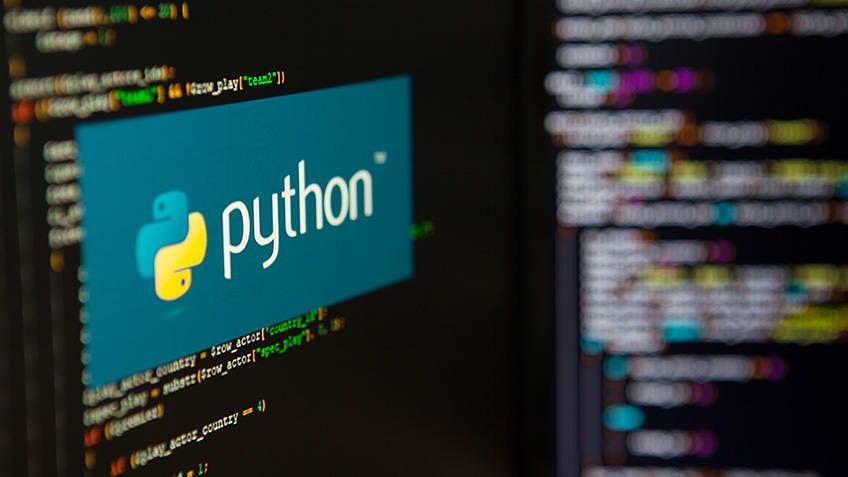Table of Contents
Python Certification Exam | Free Online Certifications Exams
Python is a High-Level Programming Language, with high-level inbuilt data structures and dynamic binding. It is interpreted, and an object-oriented programming language. Python distinguishes itself from other programming languages in its easy-to-write and understand syntax, which makes it charming to both beginners and experienced folks alike. The extensive applicability and library support of Python allows highly versatile and scalable software and products to be built on top of it in the real world.

This certification program provides a comprehensive understanding of Python which is very important in today’s day. The Python has become an integral part of every company today and you wish to be a part of this competitive field
Python Online Certification Exam will have the following process:
- Exam will have 25 questions.
- Limited time will be given of 20 minutes.
- Unlimited Attempt
- Passing marks will be 70%
- Language : English
- Pass the exam and get E-Certificate on your Email ID within 72 hours
- Please input your correct and complete Name,Mobile Number & Email ID
All the Best !!
| Other Certification Exams |
| Click Here |

